Quantum field theory techniques are employed to compute the conservative scattering dynamics of a pair of black holes to the fifth order in Newton’s constant.
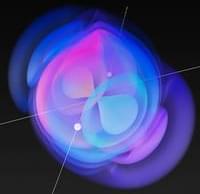

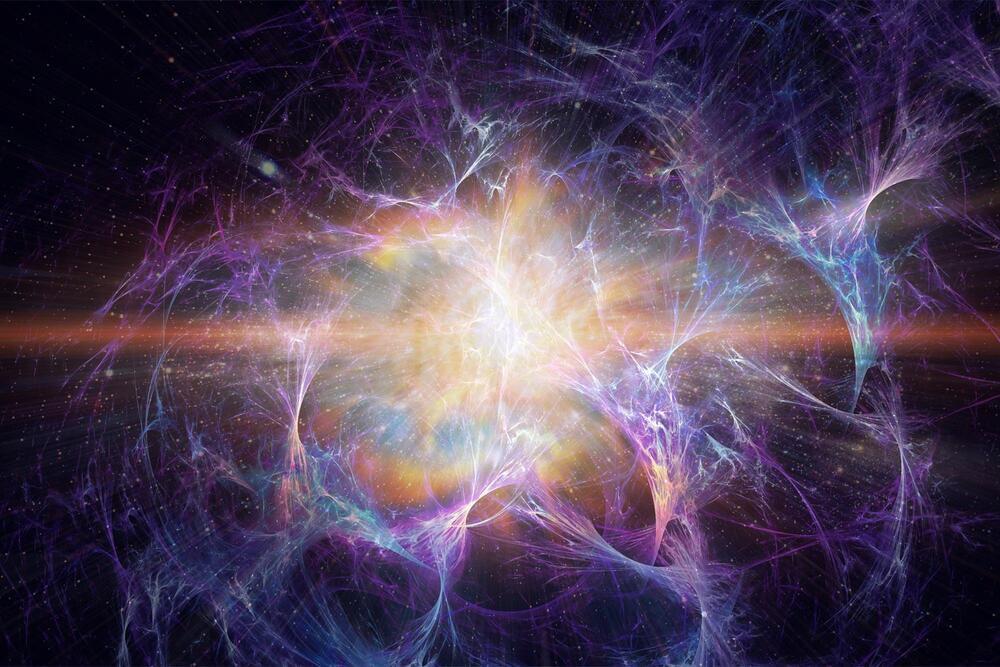
Scientists may be one step closer to unraveling one of the universe’s greatest mysteries. Their recent calculations suggest that neutron stars could play a crucial role in shedding light on the mysterious dark matter.
In a paper published in The Journal of Cosmology and Astroparticle Physics, physicists from the ARC Centre of Excellence for Dark Matter Particle Physics, led by the University of Melbourne, calculated that energy transferred when dark matter particles collide and annihilate inside cold dead neutron stars can heat the stars up very quickly.
It was previously thought that this energy transfer could take a very long time, in some cases, longer than the age of the universe itself, rendering this heating irrelevant.
This is the question of the origin of our Universe. Every star, every galaxy and every planet we see came from the Big Bang. But what was before it?
Is dark matter primordial black holes? If so, could we find them using Apollo-era technology on the moon?
A new paper suggests the answer may be yes to both. I interviewed David Kaiser, one of the paper’s co-authors, former student of inflationary cosmology pioneer Alan Guth, and now Professor of Physics and Professor of the History of Science at MIT.
For the preprint of the full paper:
https://arxiv.org/pdf/2310.16877
and other press about the paper.
https://www.lrb.co.uk/the-paper/v46/n…
https://news.mit.edu/2024/exotic-blac…
And some other related papers:
https://journals.aps.org/prl/abstract…
https://arxiv.org/abs/2303.02168
https://arxiv.org/abs/2312.17217
a timeline is below.
00:00 introduction.
00:57 primordial black holes.
3:05 particle dark matter and modified gravity.
6:33 LIGO and EHT
11:03 window of opportunity.
15:16 observaitonal signatures.
20:30 Apollo era tech.
25:19 Star Wars.
25:54 the future.
Viewers like you help make PBS (Thank you 😃). Support your local PBS Member Station here: https://to.pbs.org/DonateSPACE
Be sure to check out the Infinite Series episode Singularities Explained • Singularities Explained | Infinite Se… or How I Learned to Stop Worrying and Divide by Zero.
Support us on Patreon at / pbsspacetime.
Get your own Space Time tshirt at http://bit.ly/1QlzoBi.
Tweet at us! @pbsspacetime.
Facebook: facebook.com/pbsspacetime.
Email us! pbsspacetime [at] gmail [dot] com.
Comment on Reddit: / pbsspacetime.
Help translate our videos!
Isaac Newton’s Universal Law of Gravitation tells us that there is a singularity to be found within a black hole, but scientists and mathematicians have found a number of issues with Newton’s equations. They don’t always accurately represent reality. Einstein’s General Theory of Relativity is a more complete theory of gravity. So does using the General Theory of Relativity eliminate the singularity? No. Not only does it concur with Newton’s Universal Law of Gravitation but it also reveals a second singularity, not at the center of the black hole but at the event horizon.
Previous Episode:
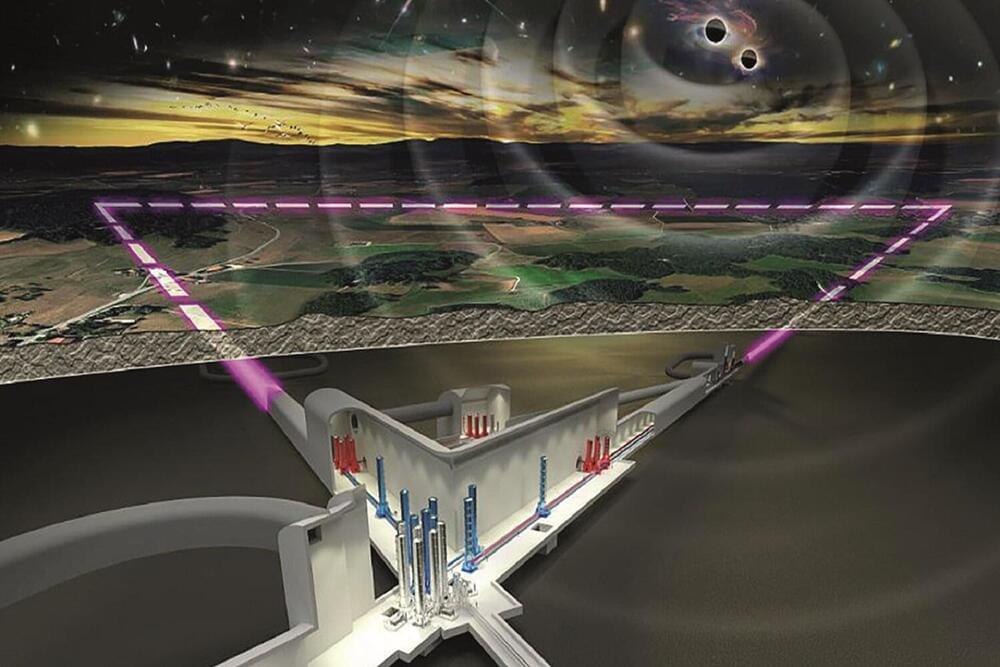
It’s still just a plan, but a new telescope could soon be measuring gravitational waves. Gravitational waves are something like the sound waves of the universe. They are created, for example, when black holes or neutron stars collide.
The future gravitational wave detector, the Einstein Telescope, will use the latest laser technology to better understand these waves and, thus, our universe. One possible location for the construction of this telescope is the border triangle of Germany, Belgium and the Netherlands.
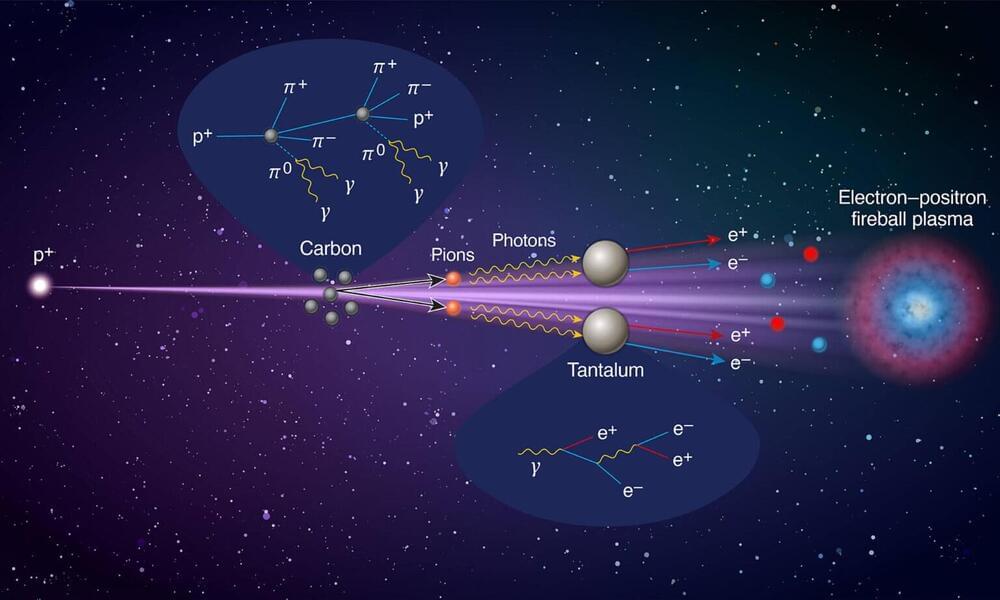
Black holes and neutron stars are among the densest known objects in the universe. Within and around these extreme astrophysical environments exist plasmas, the fourth fundamental state of matter alongside solids, liquids, and gases. Specifically, the plasmas at these extreme conditions are known as relativistic electron-positron pair plasmas because they comprise a collection of electrons and positrons—all flying around at nearly the speed of light.
While such plasmas are ubiquitous in deep space conditions, producing them in a laboratory setting has proved challenging.
Now, for the first time, an international team of scientists, including researchers from the University of Rochester’s Laboratory for Laser Energetics (LLE), has experimentally generated high-density relativistic electron-positron pair–plasma beams by producing two to three orders of magnitude more pairs than previously reported. The team’s findings appear in Nature Communications.
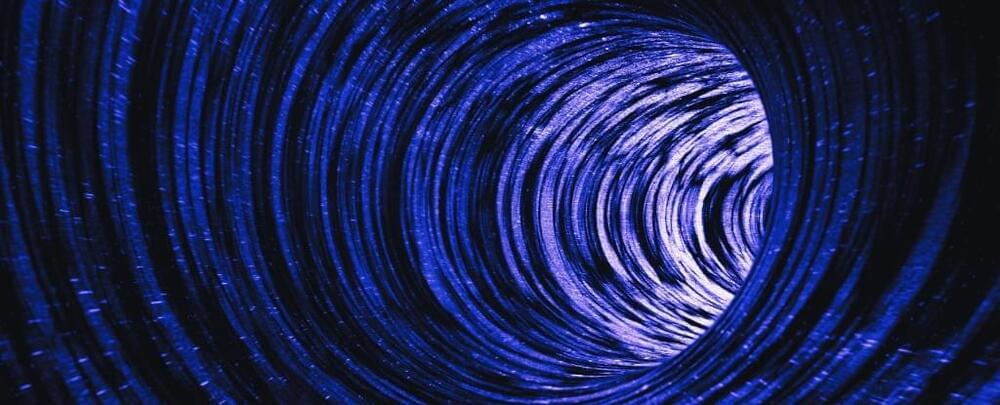
What is gravity without mass? Both Newton’s revolutionary laws describing its universal effect and Einstein’s proposal of a dimpled spacetime, we’ve thought of gravity as exclusively within the domain of matter.
Now a wild new study suggesting that gravity can exist without mass, conveniently eliminating the need for one of the most elusive substances in our Universe: dark matter.
Dark matter is a hypothetical, invisible mass thought to make up 85 percent of the Universe’s total bulk. Originally devised to account for galaxies holding together under high speed rotation, it has yet to be directly observed, leading physicists to propose all sorts of out-there ideas to avoid invoking this elusive material as a way to plug the holes in current theories.
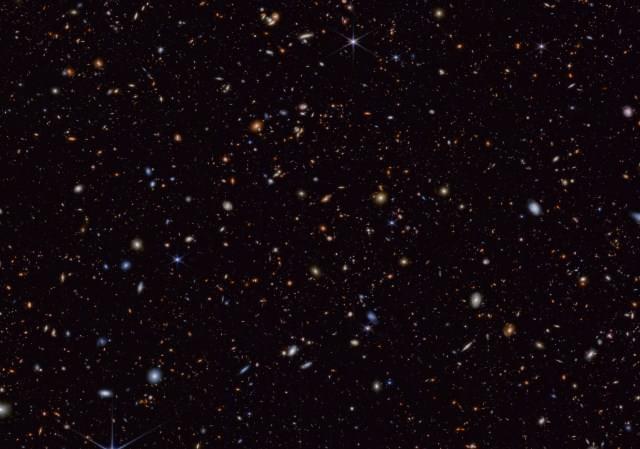
Peering deeply into the cosmos, NASA’s James Webb Space Telescope is giving scientists their first detailed glimpse of supernovae from a time when our universe was just a small fraction of its current age. A team using Webb data has identified 10 times more supernovae in the early universe than were previously known. A few of the newfound exploding stars are the most distant examples of their type, including those used to measure the universe’s expansion rate.
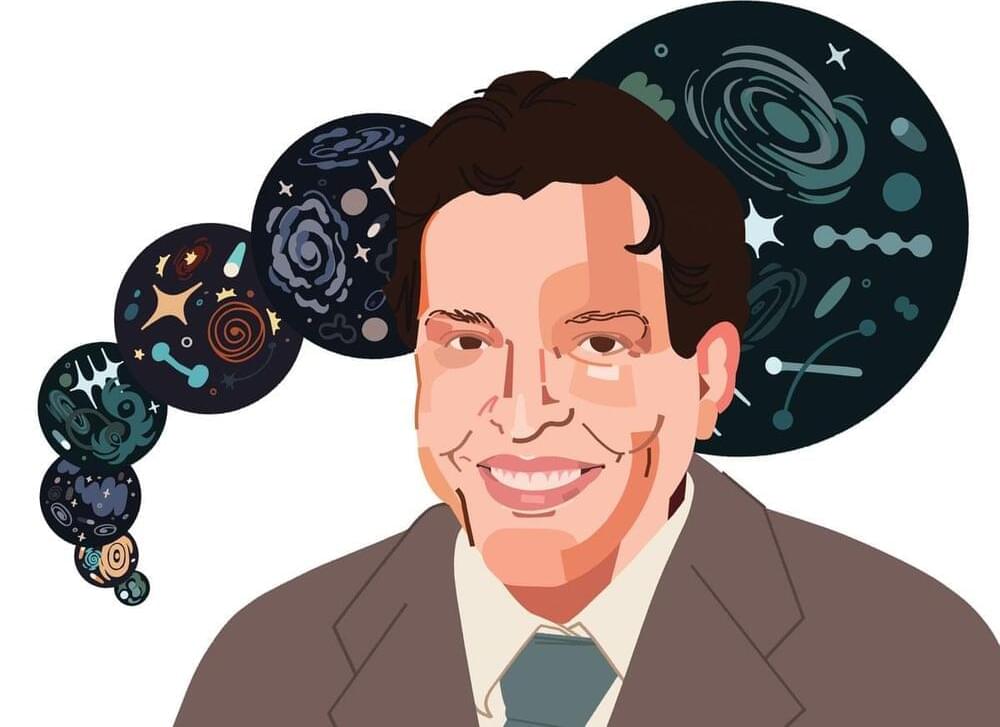
Several branches of modern physics, including quantum theory and cosmology, suggest our universe may be just one of many.
By Sarah Scoles
Humans live in a universe; that is a fact. Up for debate, though, is whether that universe lives in a sea of other universes— a multiverse.